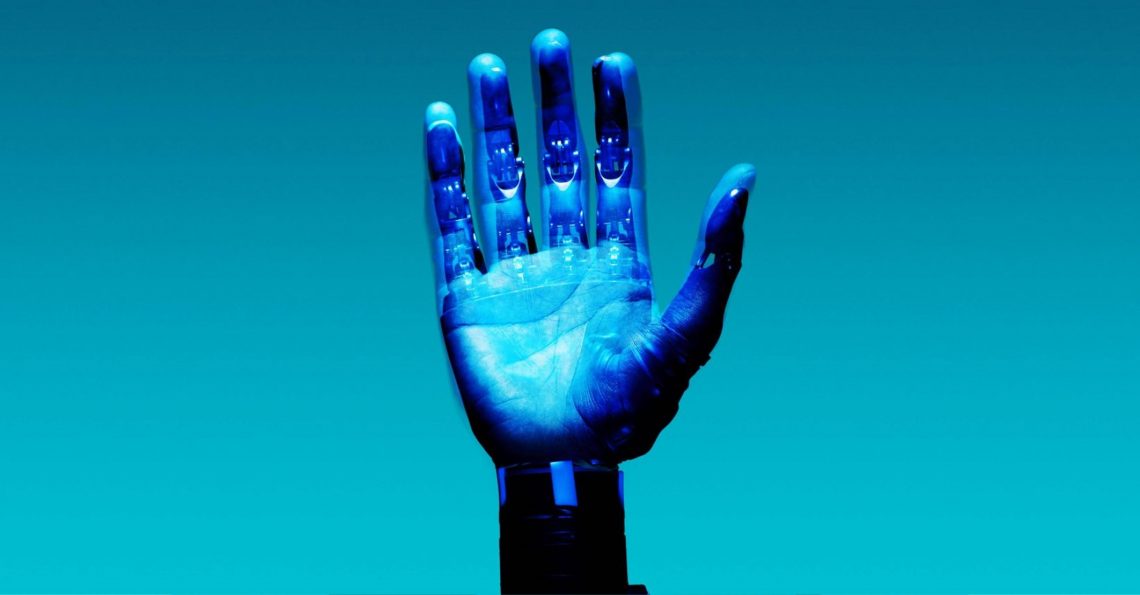Scientists say living brain cells in a petri dish have learnt how to play the video game Pong.
Speaking to New Scientist, Brett Kagan, the Chief Scientific Officer of Cortical Labs, has called the brain cells “cyborg brains”. The Australian company is working on integrating biological neurons with traditional computing hardware, in a bid to grow organic human neural networks immersed in digital simulations.
In other words, they’re trying to grow brain cells that can learn and react to the digital world.
That’s where Pong comes in – one of the first computer games to have ever been created, it was released in 1972 and features a virtual table tennis game, with the player controlling a paddle by moving it vertically across the screen.
Cortical labs say their hybrid chips can learn and adapt to problems – like stopping a virtual ping pong ball. They do this by believing they’re the paddles, and Kagan has described them as living in the Matrix.
Cortical labs also says their “DishBrain” can learn Pong in five minutes – when Artificial Intelligence generally takes about 90 minutes – but notes if properly trained, an AI can definitely outsmart their “DIshBrain”.
Cortical Labs aren’t the only ones studying brain neurons in petri dishes, but Kagan said this is the first time mini-brains have executed goal-directed tasks.
*Featured image from Unsplash/@thisisengineering
By Samantha Chan \ 10:01am, 22 December 2021

